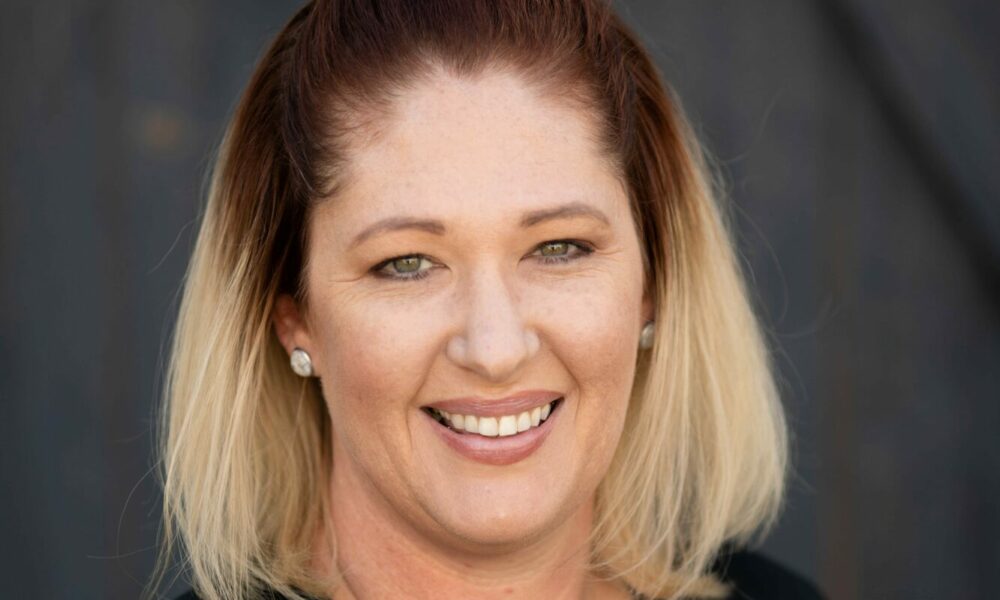

Today we’d like to introduce you to Natasha Pickard.
Hi Natasha, so excited to have you with us today. What can you tell us about your story?
My story started when my husband was wounded in 2010 after serving in the Army and Navy for 15 years. When he was deployed with the Army to Iraq, he was shot by a sniper, armor-piercing 7.62 round, which severed his brachial plexus bundle, radial nerve and rotator nerve in his left arm, as well as shrapnel when his rifle exploded. He was medevacked to Walter Reed National Medical Center. I didn’t get to see him for several months before he eventually came home. I became the sole parent for my young kids and held down my own job for months until we could see him and get some information. Being left-hand dominant, he needed help doing many things, including putting on his uniform, tying his shoes, brushing his teeth and holding our newborn. He was awarded the Purple Heart for injuries sustained while in combat.
After multiple surgeries, physical therapy sessions, going back and forth to Walter Reed and financial hardships, he officially retired in 2013 and our family relocated to California. There were so many unknowns. We didn’t have a lot of support, so I reached out to a friend whose husband was also wounded and she connected me to Yellow Ribbon Fund.
When your husband goes off to war, you don’t think about what might happen if they come home wounded or worse. Nobody really knew what to do since all my friends were still on active duty. That’s one of the reasons I am so thankful for Yellow Ribbon Fund; I was able to plug into a caregiver group, learn what the next steps were and be a part of a community of people who knew what we were going through. I told everyone that we need a program like this in Texas. Texas is a very veteran-friendly place, but I noticed there were not really any programs like this. So we moved to Houston in 2018 and were approached in 2020 about starting a Keystone chapter here.
I’m sure you wouldn’t say it’s been obstacle free, but so far would you say the journey has been a fairly smooth road?
Not always. When I first joined Yellow Ribbon Fund, I was looking for support. I knew Yellow Ribbon Fund would do great things for the caregivers in Texas, but I wasn’t sure I was the one to move it there. Throughout the year I was a member, I realized the importance of the support and the friendships and relationships built through this program. These things are what makes it so important to me. I knew that caregivers in Houston could benefit from this program.
This biggest struggle within my family and with starting this chapter has been dealing with the unknown. We didn’t know if people would be interested in a chapter; we didn’t know if our first event would be a huge success or a complete failure; we didn’t know if we would find members and donors. The uncertainty continued for a long time. The one thing I do know is that this program changed my life.
I believe that’s why we must continue to get the word out about Yellow Ribbon Fund’s Keystone Program. Each year, fewer families have to face the unknowns alone because Yellow Ribbon Fund is here for them. Families struggle every day to find resources and support and I want them to know that there is a community that is ready to support them through their journeys.
As you know, we’re big fans of Yellow Ribbon Fund. For our readers who might not be as familiar what can you tell them about the brand?
Yellow Ribbon Fund is a national nonprofit that supports the military caregivers of wounded, ill and injured service members. We empower caregivers at every part of their journey by providing wellness, respite, and educational opportunities through our Keystone program, such as transitional services, life skills, educational opportunities, family retreats, peer support, and networking.
Our Crossroads program provides transportation and housing for families of active-duty service members receiving treatment at Walter Reed National Medical Center.
Yellow Ribbon Fund is one of the only organizations specific to the caregiver. Most organizations provide support for the veteran and occasionally host couples or family events but do not provide ongoing support for the crucial role of caregiving. For example, our Career Development Program helps caregivers get back to work. I love that we can provide this kind of training to caregivers that are having to or want to go back to work and do something for themselves.
All our services are free to our caregivers and veterans, thanks to generous donations from our donors. We have nine chapters across the country and a national virtual chapter for anyone who doesn’t have a local Keystone chapter.
Are there any important lessons you’ve learned that you can share with us?
There are so many wounded service members in the U.S., and the impact on families is life-changing.
One of the most important lessons I have learned as both a Yellow Ribbon Fund coordinator and the wife of an injured veteran is to give myself grace and the space to breathe. I tell my caregivers all the time that, as a mom and a wife, we have our brains going 24/7. It’s critical to give yourself grace; it’s okay to leave the laundry or the dishes and take the time to take care of yourself. I try to provide them with tips and tricks that I’ve learned and personally use to help them feel like they’re not alone.
Contact Info:
- Email: email@yellowribbonfund.org
- Website: yellowribbonfund.org
- Instagram: https://www.instagram.com/YellowRibbonFund/
- Facebook: https://www.facebook.com/YellowRibbonFund
- Twitter: https://twitter.com/YRFund
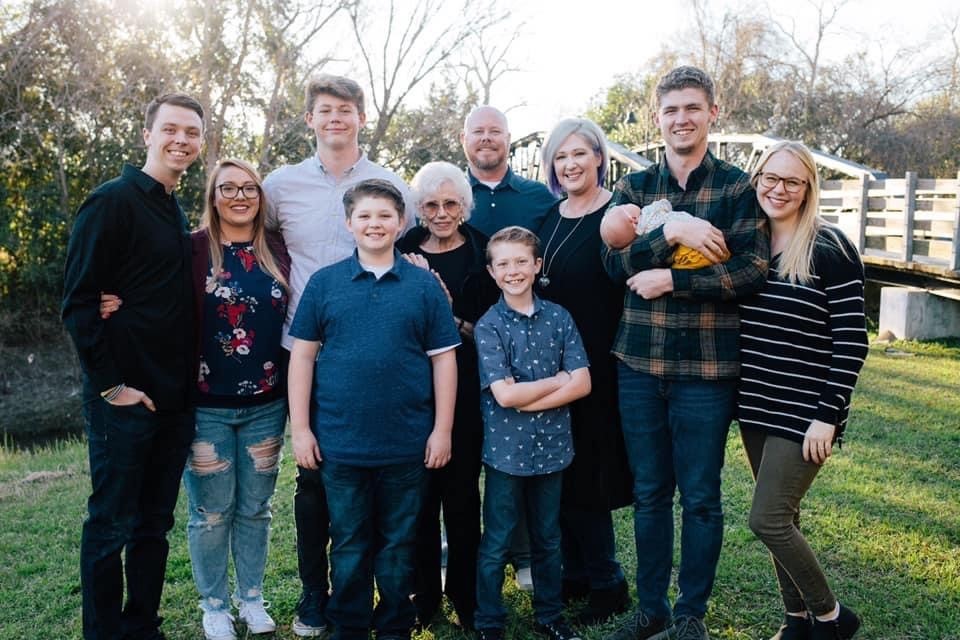
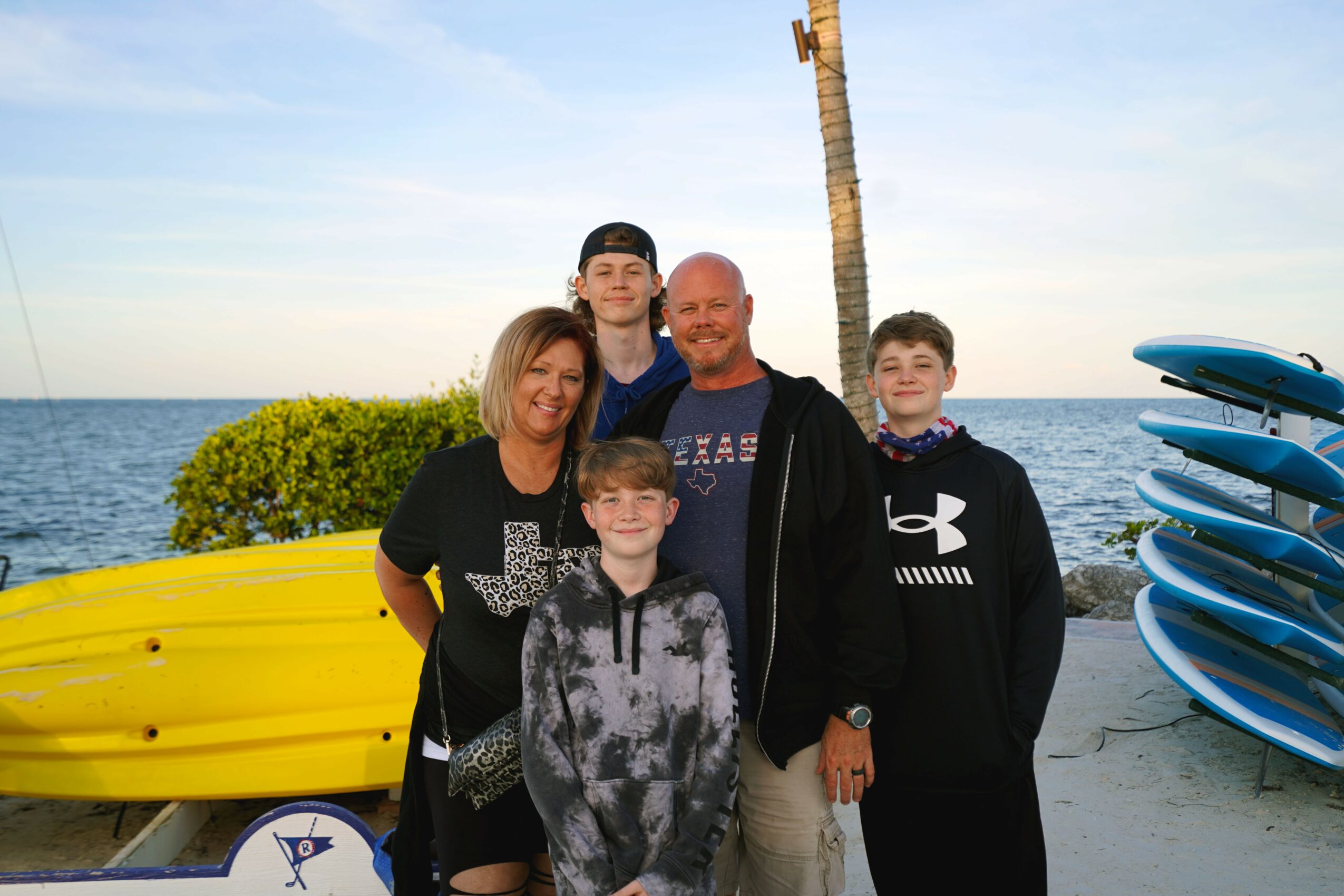
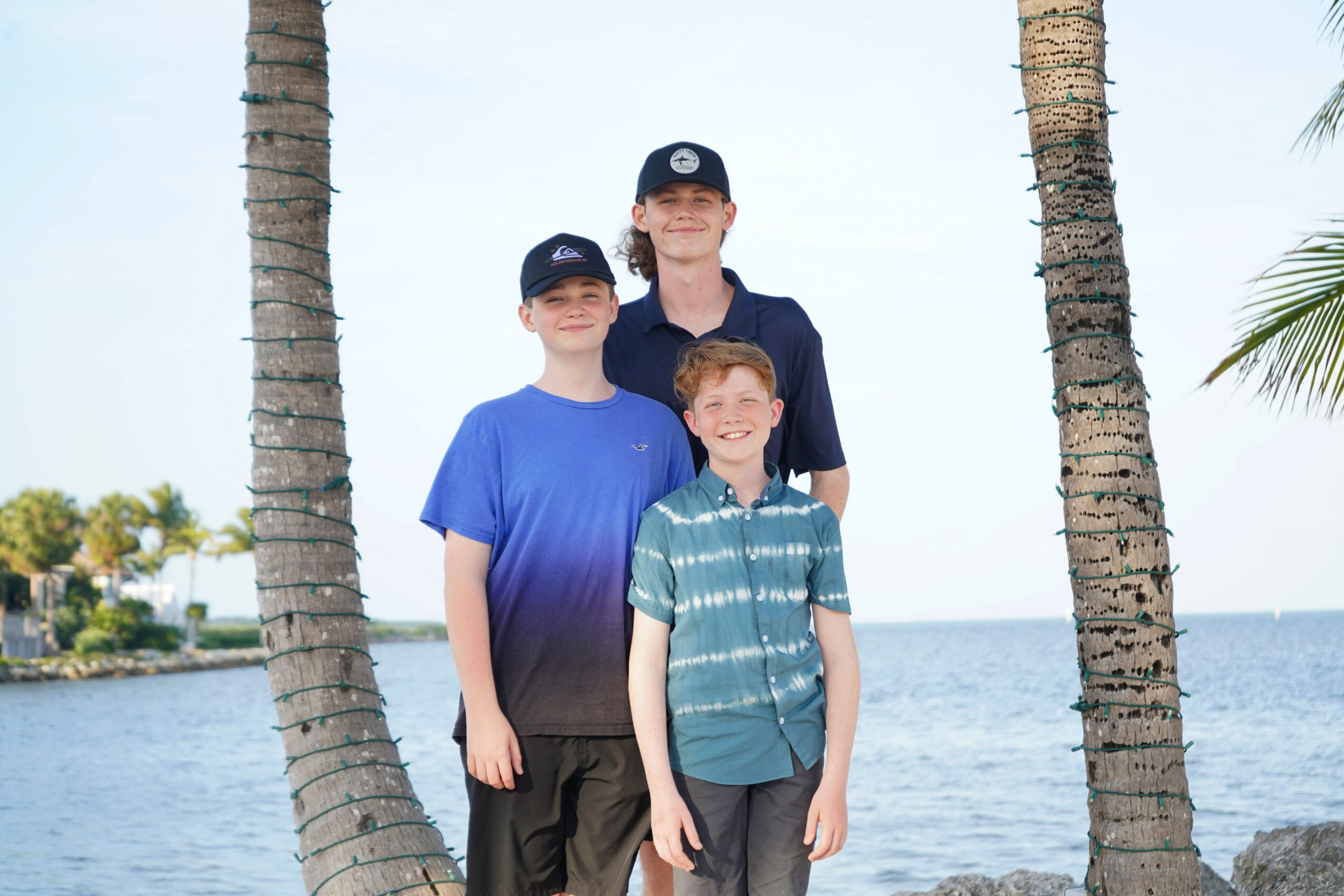
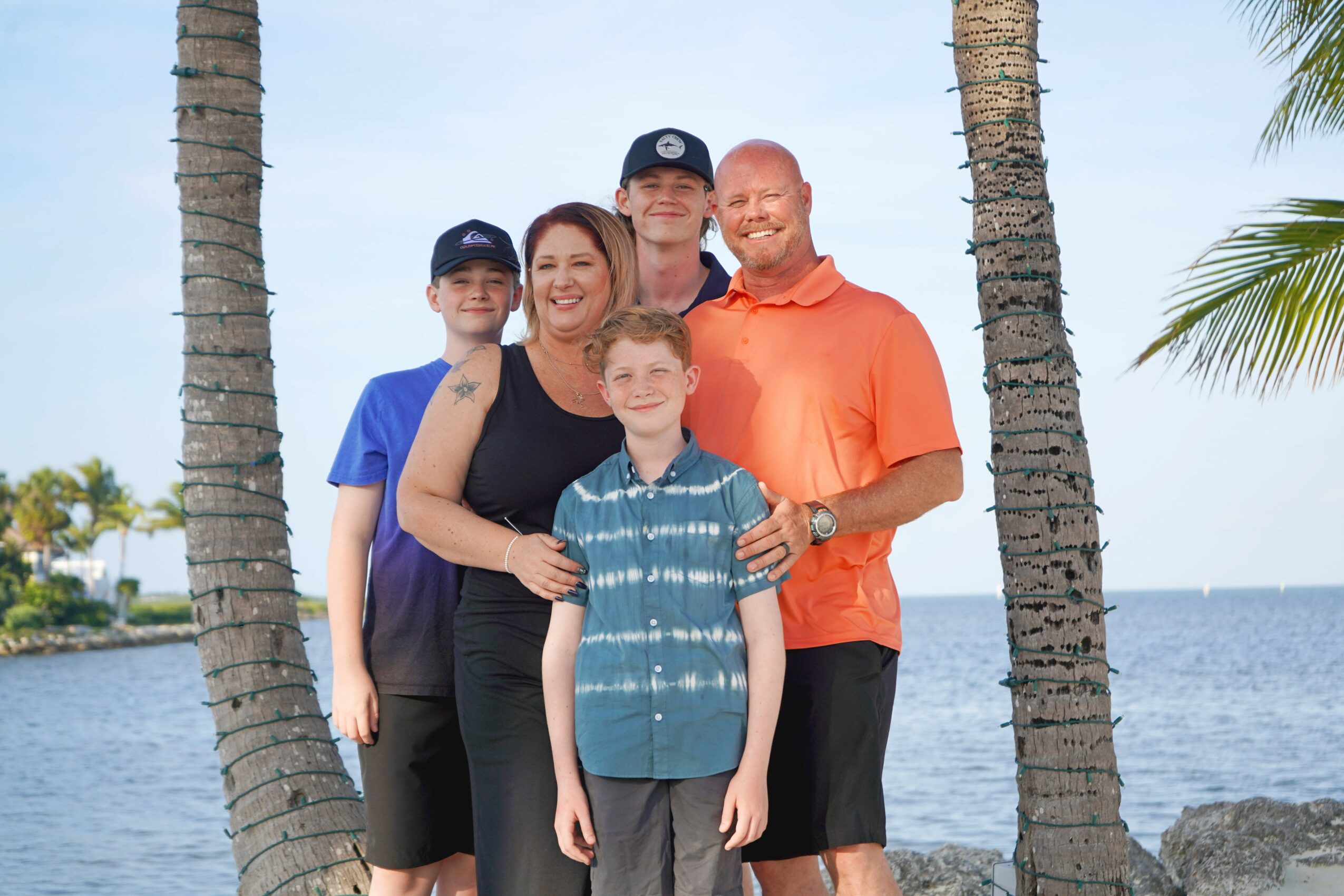
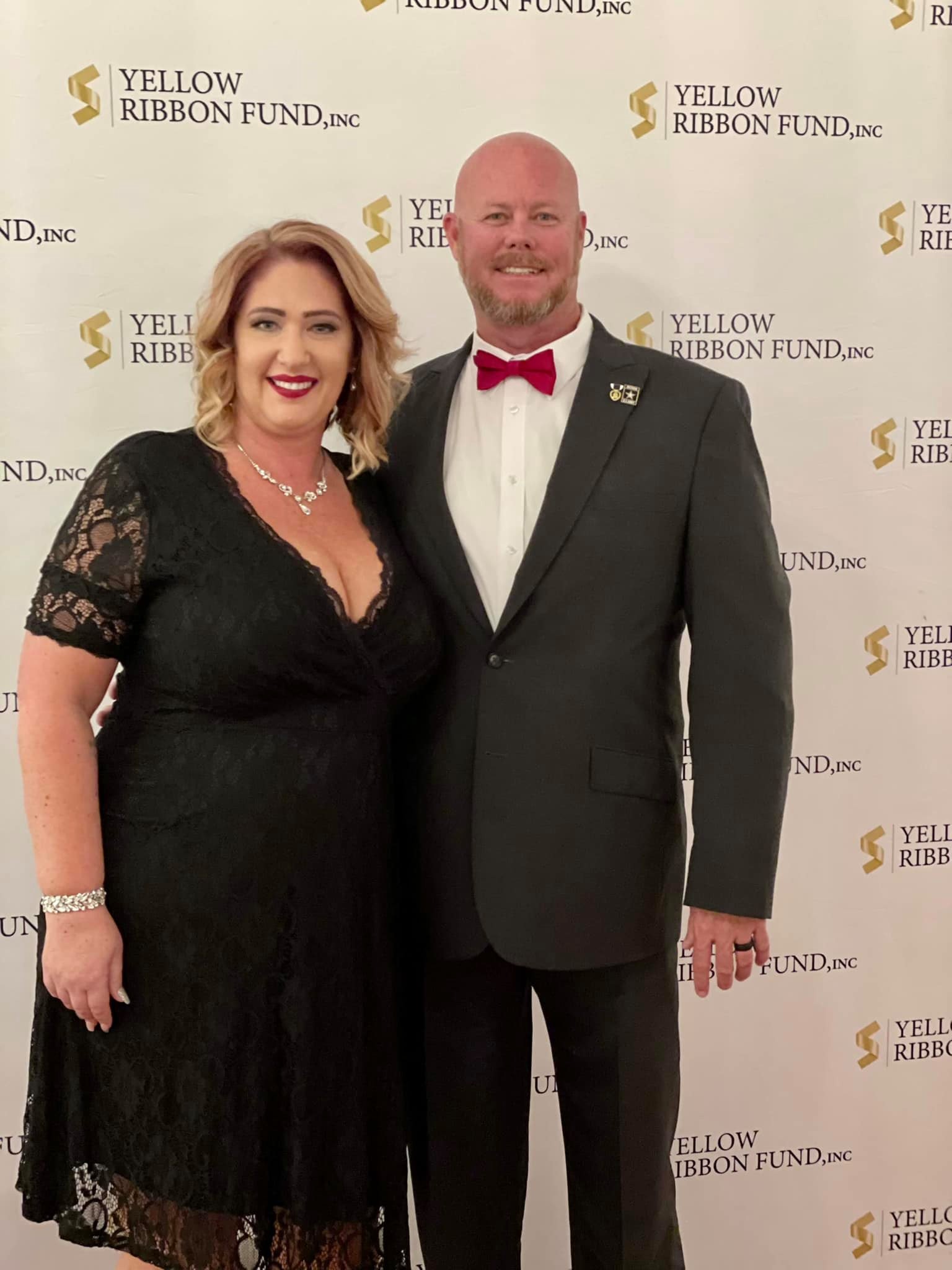

Image Credits
Natasha Pickard
Yellow Ribbon Fund










